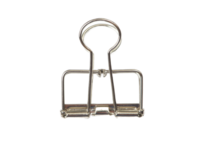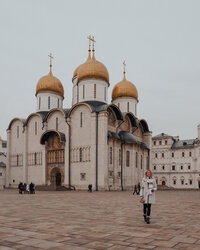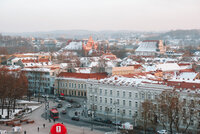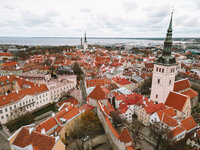

A Definitive Guide on the Russian Case System + Endings
The core of grammar in the Russian language is called the Russian case system. Today, I’ll be sharing with you the exact study guide that I created for myself when I began learning Russian! It includes corresponding endings for adjectives and nouns (in both singular and plural forms) for all six cases: Nominative, Accusative, Prepositional, Dative, Genitive, and Instrumental.
This guide is a comprehensive overview with all case endings and is meant to serve as a study reference while learning and memorizing the cases. For more in depth information on individual cases’ forms, see below!
Last updated: 7/24/2023
The Russian Case System

What is the Case System?
The Russian case system essentially serves as the building blocks of the Russian language. Each case has specific functions, or uses, that dictate when to use them. Once you identify the appropriate case, based on what you’re trying to express, you must change certain word endings accordingly.
Because the English language has no such system, non-native Russian speakers often consider it to be one of the most difficult, and therefore daunting, aspects of learning the language. That being said, as an avid lover of structure and consistent grammar rules, I’ve gained a large appreciation for the Russian case system and its minimal exceptions/irregulars.
The way the case system works is that depending on the function (i.e. what you want to express) the endings of words can change to reflect that function. For example, let’s look at the word for “car” in Russian. In the Nominative case (its initial form), the word for car is «машина». However, like most Russian words, the spelling changes depending on what you want to say:
Nominative – машина
н.п. У меня́ есть маши́на. – I have a car.
Accusative – машину
н.п. Я хочу́ маши́ну. – I want a car.
Prepositional – машине
н.п. Я ду́маю о маши́не. – I’m thinking about a car.
Dative – машине
н.п. Я подошла́ к маши́не. – I approached the car.
Genitive – машины
н.п. У меня́ нет маши́ны. – I don’t have a car.
Instrumental – машиной
н.п. Я стою́ ря́дом с маши́ной. – I’m standing next to the car.
In each of these sentences, the endings of the word «машина» varied among the six cases. This is because, depending on what you want to express, you must select the correct case and then apply the appropriate endings according to that case.
Therefore, in order to attain a practical understanding of the language beyond surface level conversations, you must study the case system forms & functions.



The 6 Russian Case Endings for Singular & Plural Forms of Adjectives & Nouns
Alright, now that we have an understanding of what the case system is and does, let’s dive a bit deeper and learn how to form each individual case.
This study guide includes corresponding endings for adjectives and nouns (in both singular and plural forms) for all six cases: Nominative, Accusative, Prepositional, Dative, Genitive, and Instrumental. This guide is a comprehensive endings overview and serves as a study reference while learning the cases.
Nominative Case – Имени́тельный паде́ж


Accusative Case – Вини́тельный паде́ж


Prepositional Case – Предло́жный паде́ж


Dative Case – Да́тельный паде́ж


Genitive Case – Роди́тельный паде́ж


Instrumental Case – Твори́тельный паде́ж


***Endings for Animate plural nouns in the Accusative & Genitive Cases***
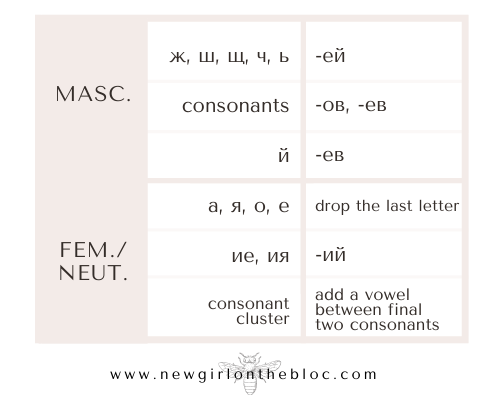



More Resources – The Russian Case System
Check out the resources below for some more help understanding the Russian case system and learning the case system endings!
And that’s a wrap! I hope you found this guide to be helpful and informative, whether you had never heard the phrase “case system” before or you’re a seasoned Russian speaker looking to improve your grammar foundation.
Have you got any questions or comments regarding this guide? Let me know in the comment section below! Additionally, here are a few helpful Youtube videos that do a great job of explaining the case system.
Пока пока!
Мелисса
In need of a better way to organize your language notes? Check out my planner below!
Learn to speak russian
Travel with ease & dive into the culture, history & lifestyle of post-Soviet countries
free russian learning materials

Melissa

Get the Goods
Head over to the Language & Travel Shop to check out my favorite goodies I use for learning Russian and traveling! I've compiled all my favorite products I use when #onthebloc so that you can benefit from them when you travel abroad. Help yourself prepare and support this blog at the same time :) Счастливого пути!


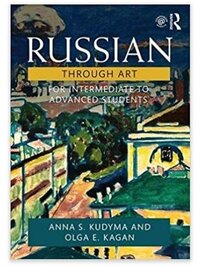

carry-on goods
gifts for travelers
photography
apparel & accessories
textbooks & readers
luggage & bags
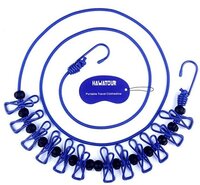
categories
#oTB essentials
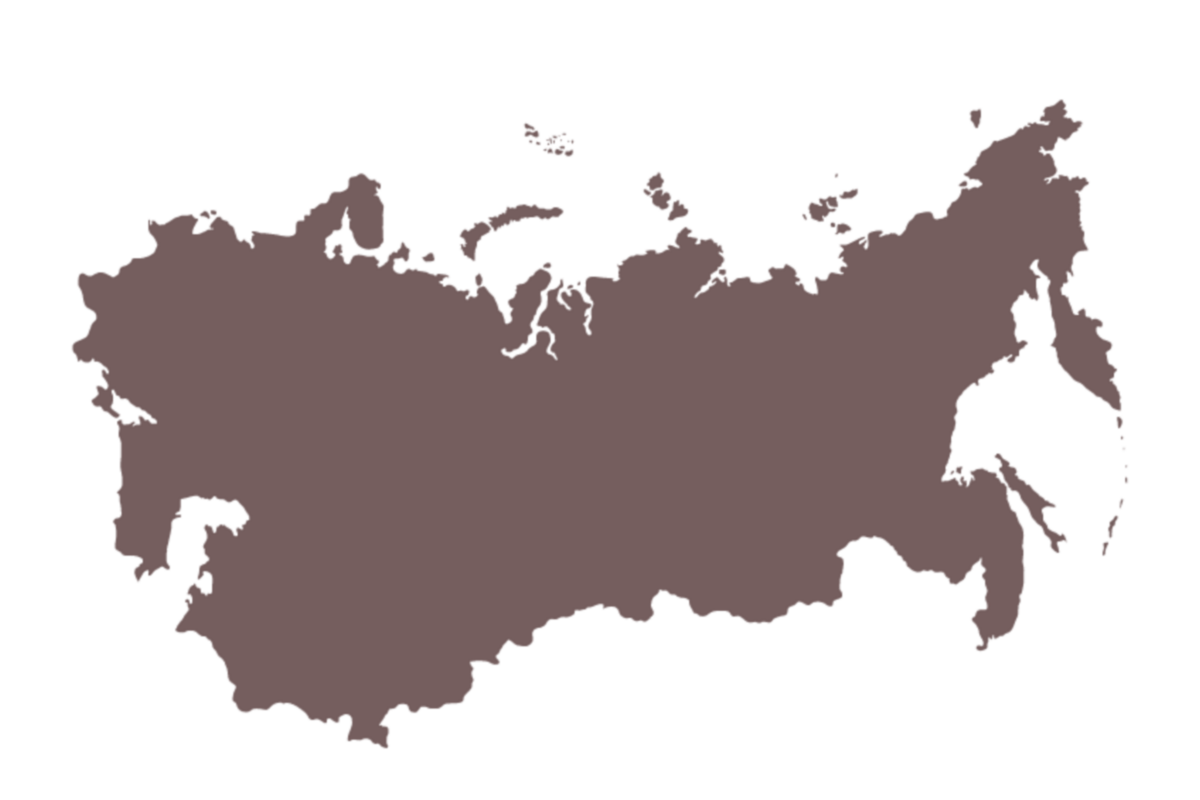
Russian-Speaking Travel Destinations
use your new russian skills in real life!
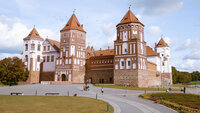
Belarus
EASTERN EUROPE
central Asia
central Asia


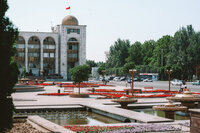

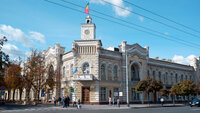
Eurasia
Russia
Kyrgyzstan
armenia
Moldova
Kazakhstan
eastern europe
read »
read »
read »
read »
read »
read »
The caucasus
travel guides
Get your FREE #OnTheBloc Starter Kit!
Sign up for the NGB Monthly Newsletter & you'll get a FREE downloadable PDF with Russian language and travel resources for your post-Soviet journey!
оставаться на связи

